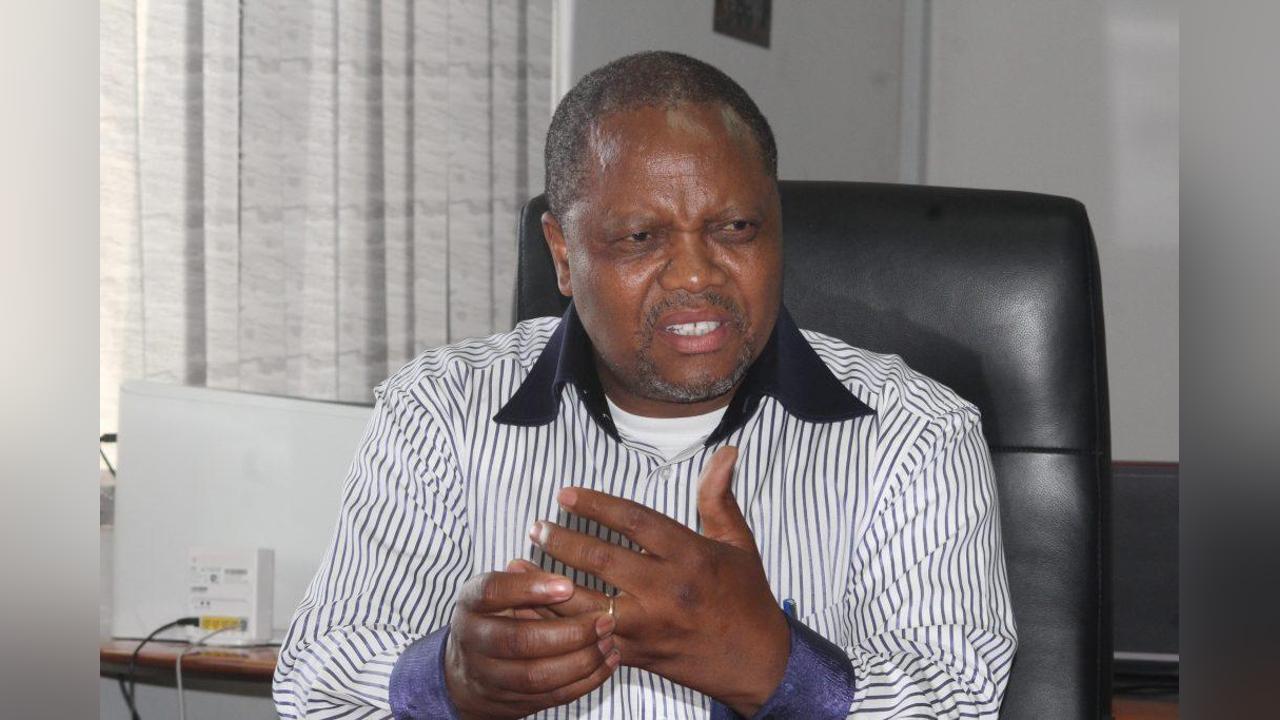Africa-Press – Lesotho. THE Directorate of Corruption and Economic Offences (DCEO) has begun quizzing civil servants in what it says is an attempt to unlock the roots of corruption in government ministries.
The DCEO began the project on Tuesday with the Ministry of Agriculture. Among those interviewed during the process, which is closed to the media, were procurement officers.
The exercise is set to end in July. The DCEO spokesperson, ’Matlhokomelo Senoko, told thepost that the exercise will help the anti-corruption body understand what motivates civil servants to be corrupt.
“The exercise is conducted by our Director of Public Education, Litelu Ramokhoro,” Senoko said. She said the sessions are closed to the media to allow individuals to speak their minds.
There are several cases of corruption that the DCEO is investigating in the Ministry of Agriculture. About eight months ago, the DCEO began investigating a case of corruption in the awarding of a tender to supply fertiliser for the 2022 summer cropping season.
This came after a letter to the former Prime Minister Moeketsi Majoro was leaked on social media with dissatisfied ministry employees asking for his intervention.
“We are being forced to sign contracts for the supply of fertiliser which are highly inflated, and the minister says you have instructed him to give Bishop Ramela the tender,” the letter reads.
“He is charging R28 000 per tonne. In total, he is charging R42 million whereas three other suppliers charged R37 million each. All these figures exceed our budget. The same suppliers failed to deliver fertiliser on time in the last season,” it read.
The employees also alleged that the principal secretary had received a Jeep vehicle for his part in facilitating the corrupt deal. Another rot which the DCEO is seized with in the ministry involves the selling of government tractors and implements valued at M11 million to ministers and some MPs.
They were sold at a subsidised price. The cabinet had resolved that they should be sold to farmers only but the ministry’s top officials sold them to anyone they picked.
For More News And Analysis About Lesotho Follow Africa-Press






